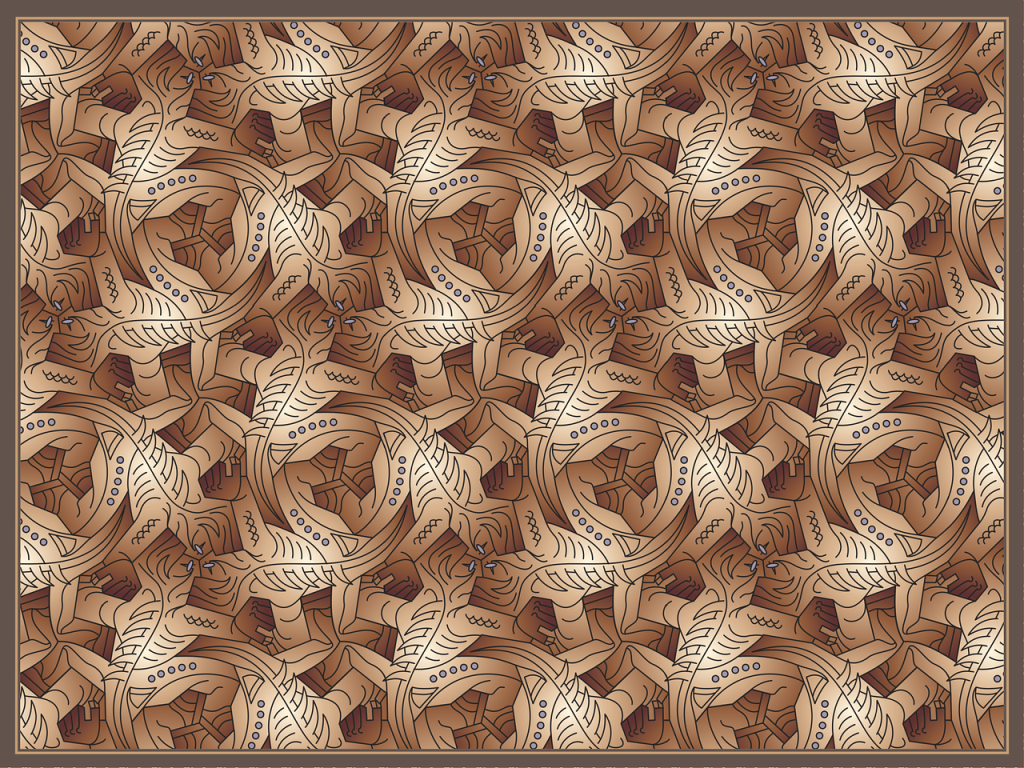19 Wynter’s Influence: Curriculum Against the State
Kara Boucher
Snaza, N. (2019). Curriculum against the state: Sylvia Wynter, the human, and futures of curriculum studies. Curriculum Inquiry, 49(1), 129-148. https://doi.org/10.1080/03626784.2018.1546540

Curriculum scholar Nathan Snaza takes up intellectual influencer Sylvia Wynter in meaningful, contemporary, ways in his 2019 article, “Curriculum against the State: Sylvia Wynter, the Human, and Futures of Curriculum Studies.” Snaza applies Wynter’s conceptualization of the overrepresentation of “Man” (Wynter, 2003) in the context of state-created curriculum, and then extends her theories to prompt discussion on the current usages of Syllabus Projects as a means of countering these state approved models (Snaza, 2019).
Wynter believes that since the first impacts of colonization were felt the term “human” has come to be defined in an inequitable and inaccessible way. Snaza describes how Wynter perceives this redefinition as stemming from “Western imperialist projects that from 1492 on institute[d] one specific genre of the human on the whole of the Earth’s peoples. She calls this imperialist, white, Western, masculinist, heterosexist version of the human ‘Man’” (2019, p. 131).
This construction is problematic because it creates tensions as it holds one identity up above all other possible multiplicities of identity of being human. Socially this has been rooted in (and persists currently as) racialization. By creating binaries of humanness with Man on one end of the spectrum, “racialization… generates a mechanism of producing differential access to the “human” (p. 131). The cyclical nature of our constructed, imperial, society works actively to produce and reproduce this identity construction that is embedded necessarily within our education system (Wynter, 2003; see also Snaza, 2019). As described in Snaza’s article, “schools become critical apparatuses of subject formation, generating assemblages (pedagogies, practices, curricula, modes of behaviour, etc) that create Man” (p. 133). This truth can be difficult to reconcile, as schools have tended to be seen as “neutral” spaces which is a problematic mindset. The critiques towards curricula and education as sites of inequity reproduction highlights a necessity to potentially look offsite for more effective social change. Additionally, due to the colonial reproductivity of state education, efforts to undermine official curricula must actively entail “the abolition of Man” (Wynter, 2003; see also Snaza, 2019). Snaza states we must “abolish Man so that other ways of performing and practicing the human can flourish” (p. 132). He explains his rationale that “if Man violently overrepresents itself as the human, the abolition of Man is a project of asserting, inventing, and practicing the human differently” (p. 132).
Snaza articulates the potential for Syllabus Projects, which have gained momentum since as recently as 2012 (the beginnings of the #IdleNoMore movement), as a possible tool to counter these embedded, racialized, systems while actively working to mitigate overrepresentation of a single identity. He mentions recent Syllabus Projects that have sprung up in the wake of pervasive social unrest, including #BLM, #Idle No More, the execution of Michael Brown, the Charleston, SC church bombings, Standing Rock, and #NoDPL (2019). He explains the goal of these projects as “a commitment to the abolition of Man in the regeneration of futures” (p. 138).
Syllabus projects foster communities of diverse individuals, to provide and engage with a “syllabus” in order to communally unpack traumatic local events that become tied to larger historical unrest (Snaza, 2019). There is no single actor structuring their thought and there is room for multiplicities of worldviews, with the intention of maintaining humility and avoiding academic elitism or the pitfalls of prescriptive methodologies. Such projects are an active means to work against “overrepresentation” by providing counterstories, fostering new narratives, and building legitimacy towards other ways of being human by means of information dissemination.
Snaza (2019) identifies three major ways these syllabus projects are providing a counter narrative: they are available for anyone to access or contribute to regardless of status or credentials, they are ongoing and open ended in order to adjust to changing goals as a response to shifting political climates, and principally they are working towards the abolition of Man.
As embodied in the article title, these assemblages of syllabi are what Snaza considers to be “against the state” (p. 140). He sees the term “against” acting in both senses of the word (in opposition to, as well as leaning upon). This allows us to unpack the role the state plays and how the various syllabi projects work to counter the state, as Snaza describes, “syllabi against the state are thus made up of “scraps” of state projects, but redirected against state violence and the overrepresentation of the human by Man” (p. 140). This requires some level of thoughtfulness in our praxis, where we must learn to recognize how we may be contributing to reproduction, despite our intentions. Snaza takes up Wynter again here, explaining that she “urges us to see schools themselves as settler state apparatuses” (p. 140) which function to reproduce and foster the overrepresentation of Man. Schools therefore are not likely places in which sweeping change can take place, despite a strong potentiality to believe otherwise.
Therefore Snaza and Wynter, along with the many established and burgeoning syllabus projects, ask us to take up counterstories and countercurriculum “that are flexible, intersectional and committed to the production of living alternatives to being human as Man” (142). It is with this in mind that Snaza lastly makes a call to fellow curriculum scholars, perhaps in an attempt to humanize the cause, “our graduate educations and our departmental regimes try to lock our skills, energies and desires into building better bigger, stronger manifestations of (settler) state power. But we do not have to” (p. 141). We do not have to.
References
Snaza, N. (2019). Curriculum against the state: Sylvia Wynter, the human, and futures of curriculum studies. Curriculum Inquiry, 49(1), 129-148. https://doi.org/10.1080/03626784.2018.1546540
Wynter, S. (2003). Unsettling the coloniality of being/power/truth/freedom: Towards the human, after man, its overrepresentation—an argument. CR: The New Centennial Review, 3(3), 257–337. https://doi.org/10.1353/ncr.2004.0015
Media Attributions
- © Max Pixel is licensed under a CC0 (Creative Commons Zero) license

